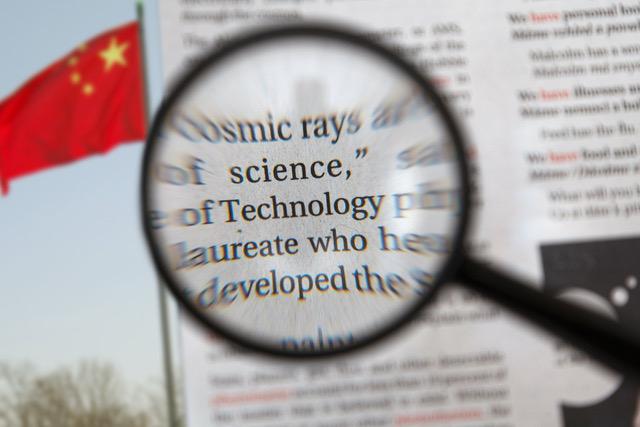May 18-20, 2022
Global Interference? Science and Foreign Policy Interactions in China
- Workshop
- Lise Meitner Research Group
The interaction between science and foreign policy today occupies a central position in official discourses and practices of the People’s Republic of China (PRC). An official “core driving force” of Xi Jinping’s hallmark Belt and Road Initiative is to increase science capacity in developing countries. At the same time, Chinese scientists are urged to contribute “Chinese wisdom” to tackle global problems such as climate change or the COVID-19 pandemic and to strengthen China’s “discourse power” on the world stage. China’s global expanse has led Chinese scholars to establishing new research agendas and modalities of international cooperation. More and more Chinese universities are creating area studies programs, covering regions of Africa to the Arctic, and scholars are developing new concepts and theories to account for China’s rise in the international system. Moreover, China’s science ministry is encouraging Chinese institutions to take the lead in international “big science” projects. Academic fields in China and abroad, ranging from agricultural science to maritime transportation, have begun using new foreign policy terms.
Given the explicit connection made between China’s increasing might in international politics and its rise to new academic superpower status, empirically grounded and close-up studies on the interplay and potential interferences of foreign policy and science and scholarship seem warranted. Current scholarship increasingly concentrates on the ways in which science, scholarship, and technology are instrumentalized in Chinese foreign policy. At the same time, the influence and potential constraints that state-led foreign policy initiatives may exert back on science, research, and higher education in China and beyond is a topic that remains largely understudied. Interested in both dimensions and collaborating across traditional disciplinary boundaries, the workshop papers will focus on a number of intriguing questions, such as: How can we examine the interactions of foreign policy and academia in China and beyond? Do the Chinese state’s policy initiatives like the BRI or the “Shared Future for Mankind” impact the conduct of domestic and international research? Are China’s science capacity and technical expertise being leveraged to achieve foreign policy goals; and if so, in which ways? And how do research communities and individual scholars navigate the intersecting domains of science and foreign policy?

Image created by Qingyang Sonia Li. Sources: https://pixabay.com/de/photos/konzept-dokumentieren-fokus-18290/, https://unsplash.com/photos/W-Lc86-nVIA.
Contact and Registration
While the event will be an invitation-only internal workshop that centers around the in-depth discussion of article manuscripts, there will be limited space at the institute for on-site participation. If you would like to attend, please get in touch with Dieu Linh Bui Dao at office-ahlers@mpiwg-berlin.mpg.de.
